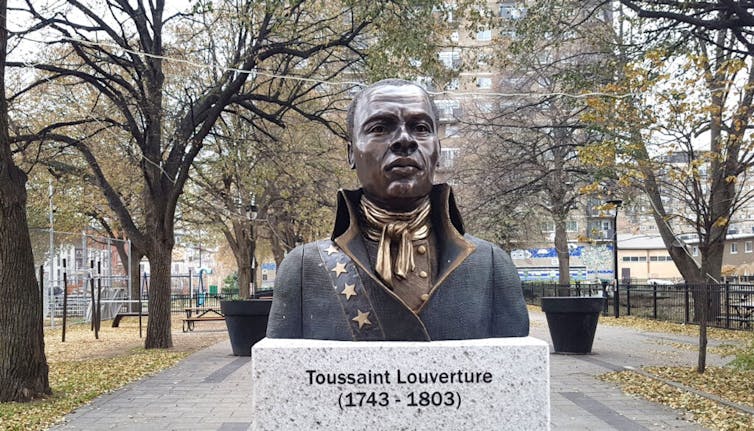CRIMINAL CAPITALI$M
How the US Government Steals from Other Countries
The American Government explains its thefts from other countries as being justifiable because the U.S. Government has slapped sanctions upon those countries, and because these sanctions authorize the U.S. Government to steal whatever it wants to steal, from them, that it can grab. Here are just a few such examples:
On May 26, Reuters headlined “U.S. seizes Iranian oil cargo near Greek island,” and reported:
The United States has confiscated an Iranian oil cargo held on a Russian-operated ship near Greece and will send the cargo to the United States. …
“The cargo has been transferred to another ship that was hired by the U.S.,” the source added, without providing further details.
The development comes after the United States on Wednesday imposed sanctions on what it described as a Russian-backed oil smuggling and money laundering network for Iran’s Revolutionary Guards’ Quds Force. …
U.S. advocacy group United Against Nuclear Iran (UANI), which monitors Iran-related tanker traffic, said the Pegas had loaded around 700,000 barrels of crude oil from Iran’s Sirri Island on Aug. 19, 2021.
Prior to this load, the Pegas transported over 3 million barrels of Iranian oil in 2021, with over 2.6 million of those barrels ending up in China, according to UANI analysis.
In 2020, Washington confiscated four cargoes of Iranian fuel that were bound for Venezuela and transferred them with the help of undisclosed foreign partners onto two other ships which then sailed to the United States. …
On 24 October 2019, USA Today bannered “Pentagon planning to send tanks, armored vehicles to Syrian oil fields” and pretended that if (Syria’s actual invader) America wouldn’t be stealing Syria’s oil, then (Syria’s actual defender, invited into the country in order to help defeat the U.S.-led invasion of it) Russia would be stealing it. Their article closed by saying that: “Nicholas Heras, an expert on Syria with the Center for a New American Security [CNAS], … said, ‘the Pentagon is making contingencies for a big fight with Russia for Syria’s oil.’” Perhaps the intention of that article was to help build Americans’ support for stealing Syria’s oil. (The CNAS is a Democratic Party think tank, and was there endorsing the Republican President Trump’s operation to steal Syria’s oil — it’s a bipartisan goal of the U.S. Government.) By contrast, two days later, Russia’s Sputnik News headlined about America’s thefts of oil from Syria, “The Russian military described the US scheme as nothing less than ‘international state banditism.’” (Russia had no need to deceive anyone about that.)
On 14 December 2019, Syria Times headlined “A huge convoy for US occupation forces enters Syria’s Qameshli city,” and reported that:
In a new breach of international laws, the US occupation forces sent today to Qameshli city in Hasaka province a new convoy composed of tanks, ambulances and dozens of vehicles and cars loading military and logistic materials. According to local sources, the convoy illegally entered this morning from Iraq in order to fortify the US occupation forces’ positions in the Syrian Jazeera.
This convoy is the biggest one that entered the Syrian territories since several months.
Over the few past months, the US occupation forces sent through illegal crossing points thousands of vehicles loaded with weapons, military equipment and logistic materials to reinforce their existence in the Syrian Jazeera region and to steal Syrian oil and wealth.
On 2 August 2020, Reuters bannered “Syria says U.S. oil firm signed deal with Kurdish-led rebels” and reported that,
Damascus “condemns in the strongest terms the agreement signed between al-Qasd militia (SDF) and an American oil company to steal Syria’s oil under the sponsorship and support of the American administration”, the Syrian statement said. “This agreement is null and void and has no legal basis.”
Furthermore: “There was no immediate response from SDF officials to a Reuters’ request for comment. There was no immediate comment from U.S. officials.”
The U.S. Government has done this also to Venezuela and other countries that it likewise wants to take over.
On 13 March 2022, Reuters headlined “Sanctions have frozen around $300 bln of Russian reserves, FinMin says,” and reported that “Foreign sanctions have frozen around $300 billion out of $640 billion that Russia had in its gold and forex reserves, Finance Minister Anton Siluanov said in an interview with state TV.”
The lawyer and geostrategic analyst Alexander Mercouris explains how and why America’s blocking Russia’s international payments of Russia’s sovereign debt, and Germany’s seizure of some of Gazprom’s German assets, “violate the [international-law] principle of sovereign immunity; both the central bank and Gazprom are, after all, owned by the Russian Government. … These were the sort of acts that, once upon a time, governments could legally make only in time of war. But of course Germany and the United States are not formally at war with Russia. So we see how another extraordinary step has been taken, towards … ever-greater illegality.” He wonders “what damage” will be done “to the international legal system and to the international financial system.”
Many of these actions, by America and its allies, are alleged to be done not in order to reinforce existing international laws (which, of course, they instead violate), but the opposite: to advance “the international rules-based order,” which “rules,” that will be made by the U.S. Government, will be introduced as constituting new legal precedents in order to replace the current source of international laws, which is the U.N. and its authorized agencies. The U.S. Government would gradually replace the U.N., except as the U.N.’s being a sump for unprofitable expeditions that the ‘humanitarian’ and ‘democratic’ U.S. Government can endorse. There would be a further weakening of the U.N., which is already so weak so that, even now, anything which is done by the U.S. and its allies is, practically speaking, not possible to be prosecuted in international courts such as the International Criminal Court, which body is allowed to prosecute alleged crimes only by leaders of “third world” nations. America’s “rules-based international order” would replace that toothless U.N.-based system, and would be backed up by America’s over-800 military bases around the world. Unlike the existing U.N., which has no military, this “rules-based international order” would be enforced at gunpoint, everywhere.
However, even America’s allied nations are getting fleeced, though in different ways, by the U.S. Government. This is being done via international corruption. For example: America’s F-35 warplanes from Lockheed Martin Corporation and its sub-contractors (Northrop-Grumman, Pratt & Whitney, and BAE Systems), are so bad and so very expensive that the U.S. Government wants to cut its losses on the plane without cutting the profits by Lockheed Martin and other ‘defense’-contractors’ on it, and therefore needs to increase its allies’ purchases of these warplanes. NATO is the main marketing organization for U.S. ‘defense’ contractors; and, so, on 15 April 2022, Russia’s RT news headlined “US nuclear bombs ‘shared’ with European allies will be deployed on Lockheed Martin jets, NATO explains,”and reported that,
Jessica Cox, director of the NATO nuclear policy directorate in Brussels, said … that “By the end of the decade, most if not all of our allies will have transitioned” to the F-35. …
Germany would replace its aging Tornado jets with F-35s, committing to buy up to three dozen and specifically citing the nuclear sharing mission as factoring in the decision. …
Finland and Sweden have recently voiced a desire to join NATO, and Helsinki already announced it would buy some 60 F-35s in early February [notably, BEFORE Russia invaded Ukraine on February 24th]. …
The F-35 was originally proposed as a cost-effective modular design that could replace multiple older models in service with the US Air Force, Navy, and the Marines. In reality, it turned into three distinct designs with a lifetime project cost of over $1.7 trillion, the most expensive weapons program in US [and in all of global] history.
In addition to the price tag, the fifth-generation stealth fighter has also been plagued with performance issues, to the point where the new USAF chief of staff requested a study into a different aircraft in February 2021.
General Charles Q. Brown Jr. compared the F-35 to a “high end” sports car, a Ferrari one drives on Sundays only, and sought proposals for a “clean sheet design” of a “5th-gen minus” workhorse jet instead. Multiple US outlets characterized his proposal as a “tacit admission” that the F-35 program had failed.
That word “characterized” was there linked through to a number of informative articles, such as these, about the F-35:
Forbes: “The U.S. Air Force Just Admitted The F-35 Stealth Fighter Has Failed”
Defense News: “The Hidden Troubles of the F-35: The Pentagon will have to live with limits on F-35’s supersonic flights”
That Defense News report said that the basic design-requirements for the F-35 prohibit any speed higher than the speed of sound (Mach 1), because the air-friction above that speed would instantly melt the stealth coating, and,
The potential damage from sustained high speeds would influence not only the F-35’s airframe and the low-observable coating that keeps it stealthy, but also the myriad antennas located on the back of the plane that are currently vulnerable to damage, according to documents exclusively obtained by Defense News.
Though that publication — which could not exist apart from the funding that is provided directly or indirectly from America’s ‘defense’ contractors — used euphemisms to describe this problem, such as “potential damage” and that there would need to be imposed “a time limit on high-speed flight” and that “the F-35 jet can only fly at supersonic speeds for short bursts of time before there is a risk of structural damage and loss of stealth capability,” the actual facts are: those “short bursts” would, in the practical world, be virtually instantaneous, approximating zero seconds, and the phrase “a risk” would be referring to 100% — a certainty. That’s virtually the opposite of the ‘news’-report’s allegation that the F-35 would need to avoid “sustained high speeds,” because the plane would instead need to avoid ANY supersonic speed. In other words: the plane’s stealth capability would need to be virtually 100% effective and at speeds only below the speed of sound, in order for the plane to be, at all, effective, and deserving to be called a “stealth” warplane. The only exception to that would be the F-35A, for the Air Force (not usable by the Navy — from aircraft carriers — nor by the Army).
As regards the F-35A (Air Force F-35 version), Wikipedia says about the F-35 that its maximum speed is Mach 1.6 (1.6 times the speed of sound). By contrast, Russia’s Su-57 (which is less expensive), has a maximum speed of Mach 2.0. The reason why Russia’s is both a better plane and far less costly is that Russia’s military-industrial complex is controlled ONLY by the Government, whereas America’s Government is instead controlled mainly by its ‘defense’-contractors, and is, therefore, overwhelmingly corrupt, which is also the reason why America is the permanent and unceasing warfare-state, ever since 25 July 1945, when its “Cold War” started, and has never ceased.
One of the few honest statements that the world-champion liar and the world’s most respected living person, U.S. President Barack Obama, made about his goals as President, was his 28 May 2014 statement to the graduating class at the West Point Military Academy, that,
The United States is and remains the one indispensable nation. That has been true for the century passed and it will be true for the century to come. … Russia’s aggression toward former Soviet states unnerves capitals in Europe, while China’s economic rise and military reach worries its neighbors. From Brazil to India, rising middle classes compete with us, and governments seek a greater say in global forums. … It will be your generation’s task to respond to this new world.
He was saying there that all other nations — including U.S. ‘allies’ — are “dispensable.” Consequently, of course, in that view: stealing by the U.S. Government, from any other Government, is acceptable. It’s the U.S. Government’s viewpoint, and is politically bipartisan in America. At least until now, it is an acceptable viewpoint, to most people. Perhaps truths have been hidden from them. Who has been doing this, and why, would then be the natural question on any intelligent individuals’ minds. But certainly there can be no reasonable doubt that the U.S. Government does — and rather routinely — steal from other countries. That’s a fact, if anything is.
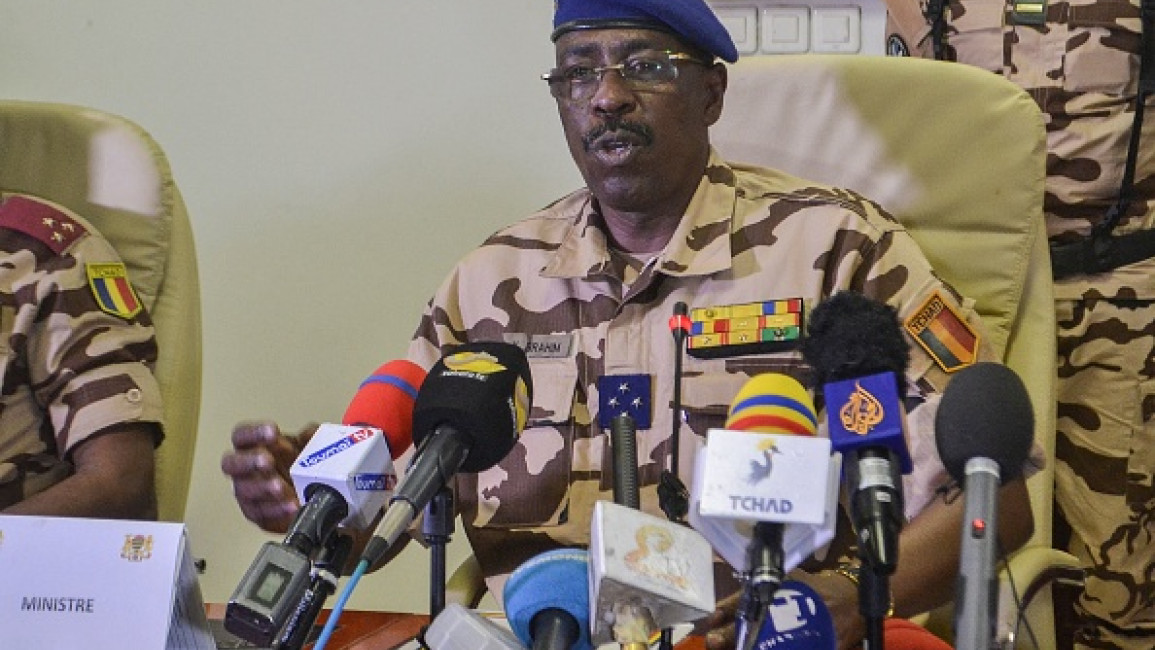
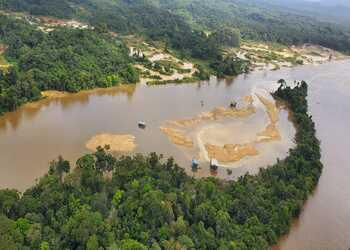
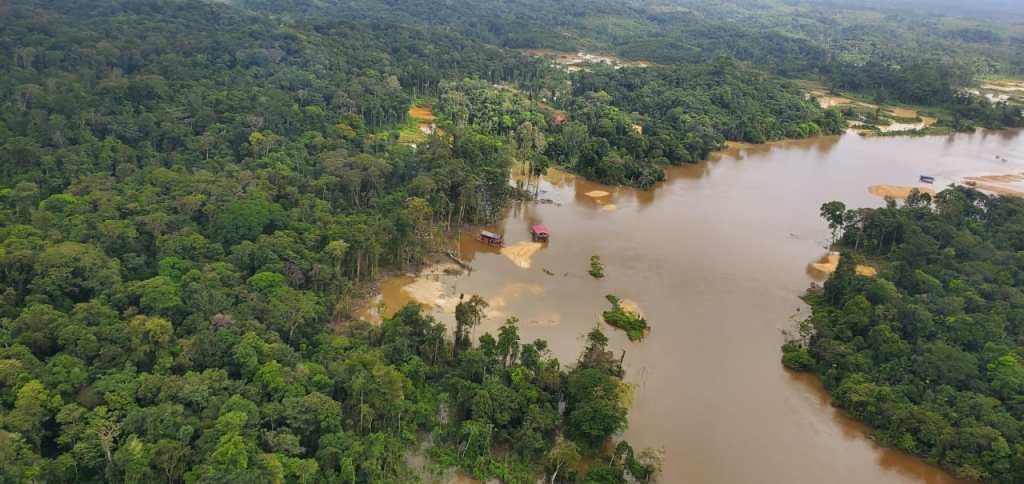
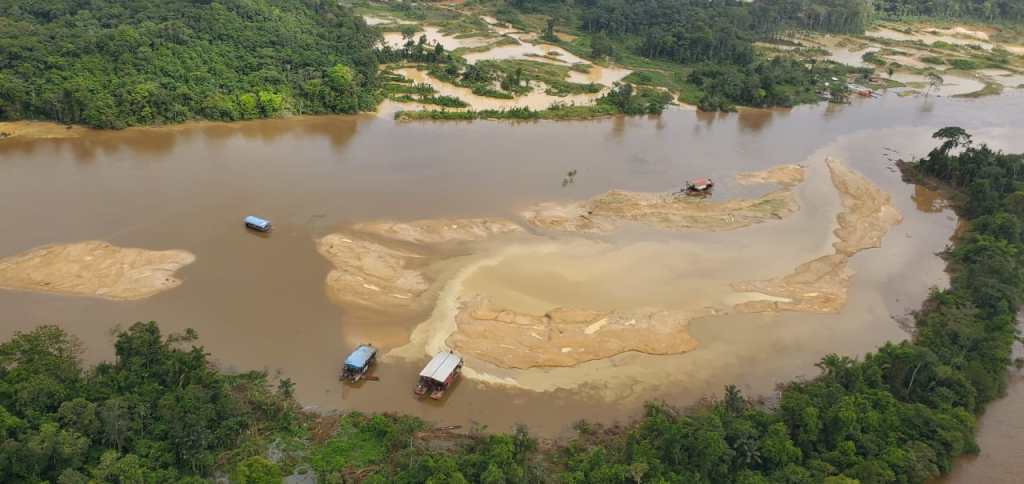
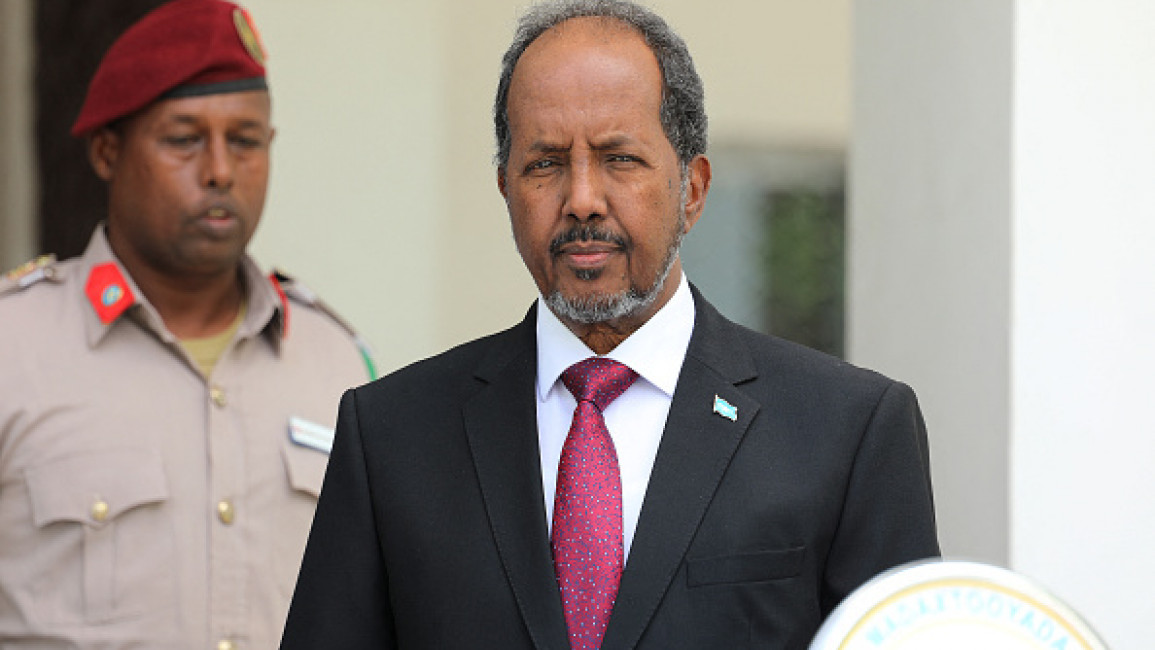
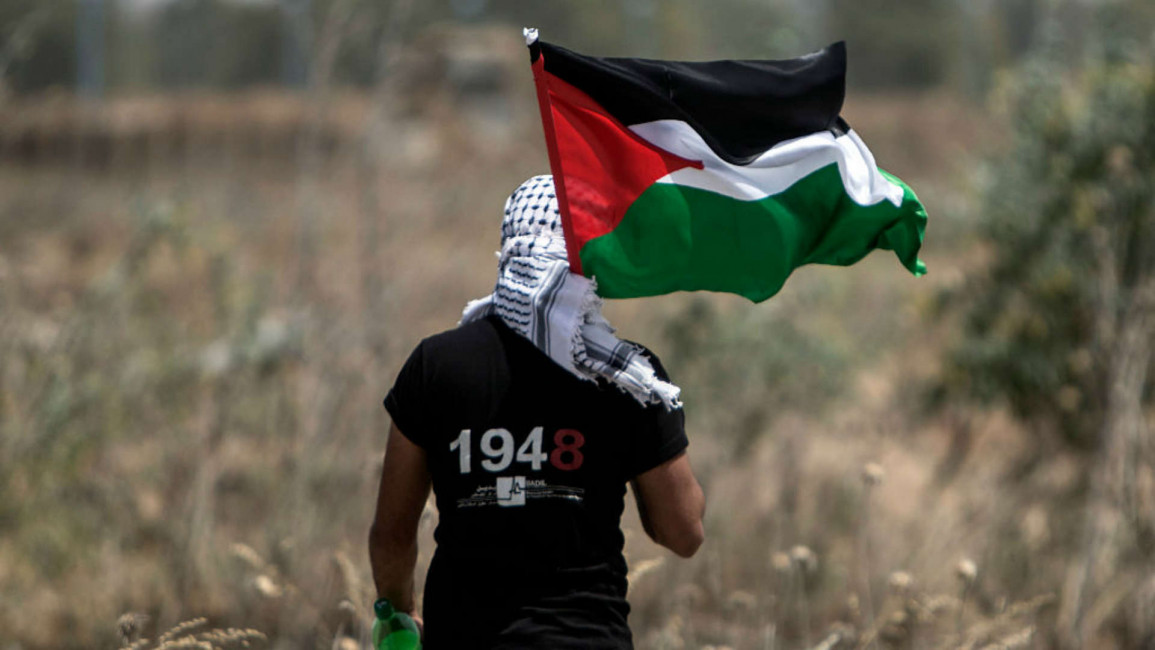










.jpg)

